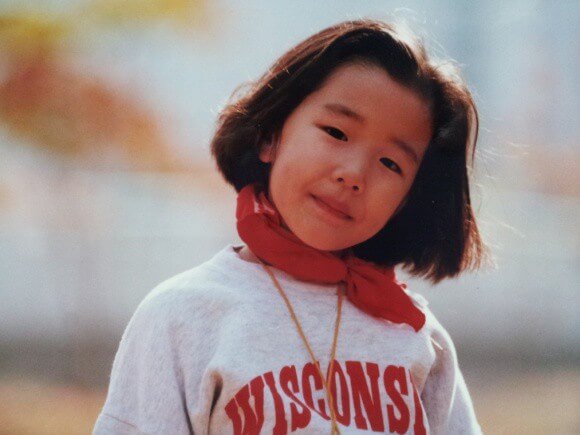Badger bred, Wolverine raised, Windy-City built, and Motor-City refined

As a child, whenever someone asked, “Where are you from?” I felt unsure what to say. “Wisconsin” was often met with an uncertain pause, whereas “Korea” received an assured nod—both reminders that the question implicitly marked me as “other.” Growing up, I did not yet have the words for what I was experiencing, only a persistent sense of tension. In college, I began to formalize my understanding of this “otherness” as marginalization shaped by systemic inequality. After graduation, this understanding broadened when I worked in communities affected by high rates of poverty and gun violence; it became clear that the privilege of stepping back from conscious engagement with systemic inequality is denied to those most affected. Motivated by these experiences and my longstanding interest in brain development, I pursued a career path that blends passion and profession.
Within this context, my doctoral journey has been both intellectual and personal. I have grappled with how my lived experiences shape my epistemological assumptions, which, in turn, influence the knowledge I produce. Reflecting on the intersection of my privilege and oppression has shown me that integrating multiple perspectives is essential for conducting research that is both scientifically rigorous and contextually relevant, producing insights responsive to lived experiences of risk and resilience. These reflections also clarified my awareness of a broader scientific tension. In the study of behavioral and mental health in communities impacted by systemic inequality, lived experiences are often minimized or pathologized within dominant scientific models, especially when behavioral and neural processes are examined in isolation from the contexts in which they unfold, obscuring the conditions that shape them.
My scholarship crosses disciplinary boundaries, bridging social work, developmental psychology, neuroscience, and data science to advance behavioral and mental health equity among populations disproportionately affected by systemic inequality. This approach aims to strengthen the biological dimension of biopsychosocial frameworks widely used in behavioral and mental health research and practice by embedding behavioral and neural mechanisms within relational processes and sociocultural contexts. Through integrating strengths-based and phenomenologically informed perspectives, I seek to situate my scholarship where rigor meets relevance.
Feel free to contact me if you’d like to connect further: hshong [at] umich.edu